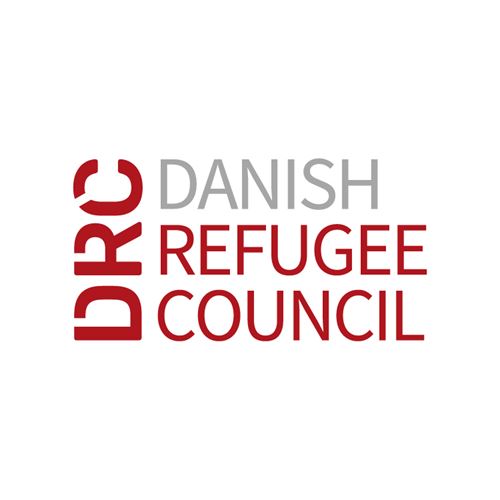Empowering sudanese refugees in Kampala: A community-led response for social cohesion and self-reliance

As the ongoing conflict in Sudan reaches 500+ days, Kampala has become a critical haven for thousands of Sudanese refugees fleeing the ongoing conflict back home. With over 40,000 Sudanese refugees, many of whom have recently arrived in 2024, Uganda continues to be the largest refugee-hosting country in Africa. Behind these numbers lie the personal stories of struggle and resilience. Refugees who arrive with skills, degrees and dreams of starting a fresh face obstacle like overcrowded schools, limited healthcare and a lack of resources to kickstart their businesses.
Amid these challenges, the START project by the Danish Refugee Council (DRC) seeks to turn the tide. It’s not just another aid initiative, it’s a community-led response designed to empower Sudanese refugees, giving them the tools to strengthen social ties and become self-reliant in their new urban environment. Through this innovative program, the refugees themselves are taking control of their future. Selected groups of people from an affected population will receive cash assistance to implement projects that benefit either a subsection of the community or the community at large.
GCTs consist of resource provision in the form of cash transfers to a selected group of people from an affected population to implement projects that benefit either a subsection of the community or the community at large.
Most of the recent Sudanese arrivals, fleeing violent conflict in Khartoum, are well-educated and possess skills that could benefit the local economy. However, with no capital to start businesses, overcrowded housing, language barrier and no social safety nets, they often feel stuck. The situation is further complicated by the continuous arrival of new refugees every week, adding immense pressure to Kampala’s resources.
In response to these challenges, the START project aims to enable Sudanese communities to lead their own recovery. Unlike traditional aid programs, this project empowers refugees to implement projects tailored to their needs. Through the DRC’s Financial Support Mechanism for Community-Led Responses, five community groups were selected to spearhead emergency projects focused on strengthening social cohesion and building economic independence.
DRC Uganda has partnered with the Sudanese Women for Peace and Development Association (SWPDA) to roll out this initiative (SWPDA). The SWPDA has been instrumental in supporting refugee women, providing them with skills training, counseling, and start-up capital for small businesses. This partnership ensures that the project is grounded in the real, lived experiences of refugees.
One of the most remarkable aspects of the START project is its focus on women. Groups led by women or with at least 50% female membership will be prioritized for funding. Refugee women are often underfunded and face additional challenges in securing financial support. By putting them at the forefront of the project, START aims to create a more inclusive and equitable response.
Additionally, newly arrived Sudanese refugees those who have been in Uganda for less than a year will make up 50% of the selected groups. This ensures that the most vulnerable are not left behind and are given the resources to start rebuilding their lives.
Additionally, groups will be supported through regular follow-ups by the DRC and SWPDA, ensuring that they stay on track. Any complaints or feedback from the community will be addressed promptly, ensuring transparency and accountability throughout the process. The START project is a stepping stone towards a larger vision. By empowering refugees to take control of their own futures, the project is building the foundation for a scalable model of community-led responses.